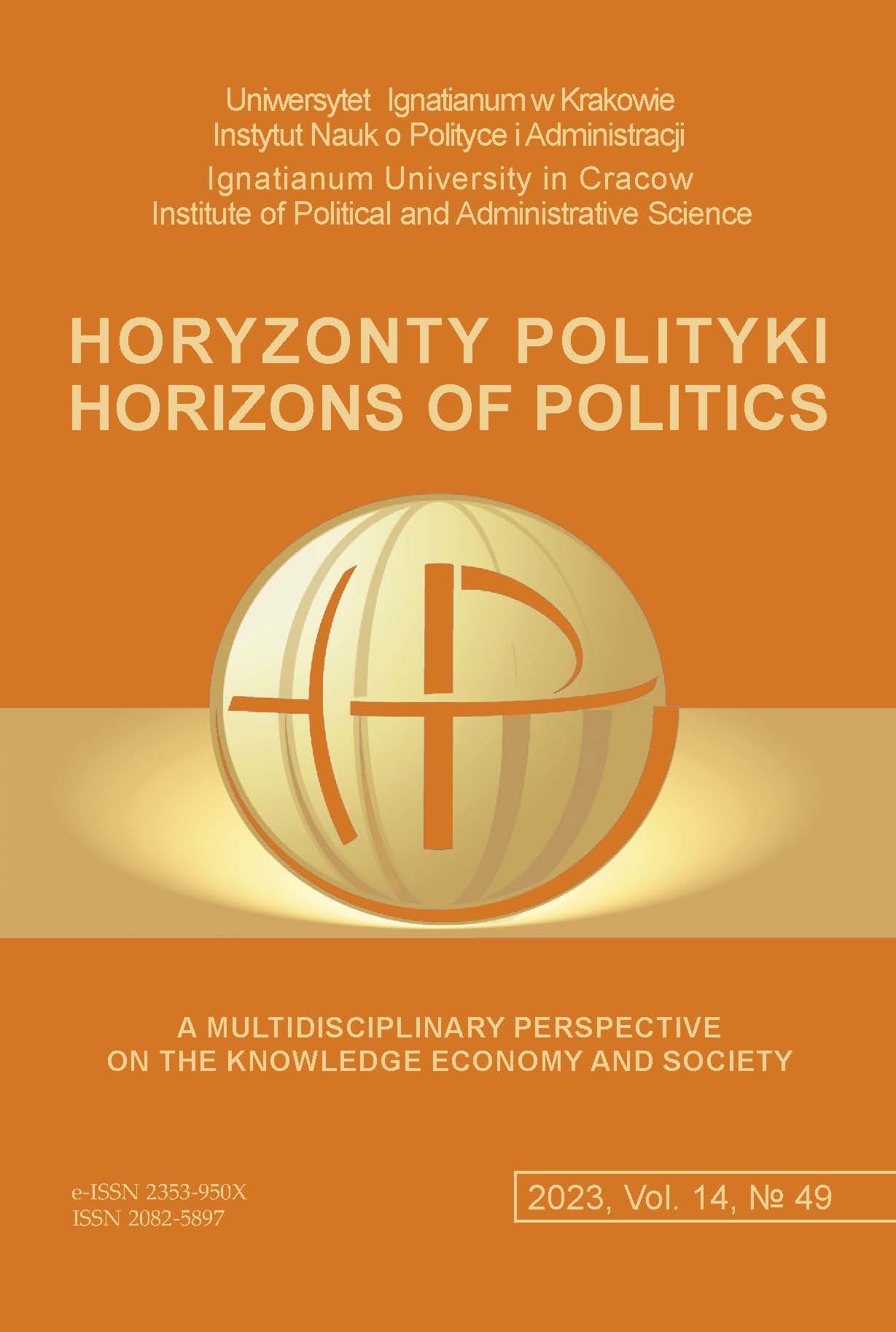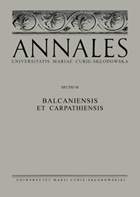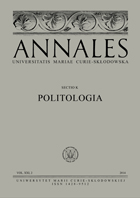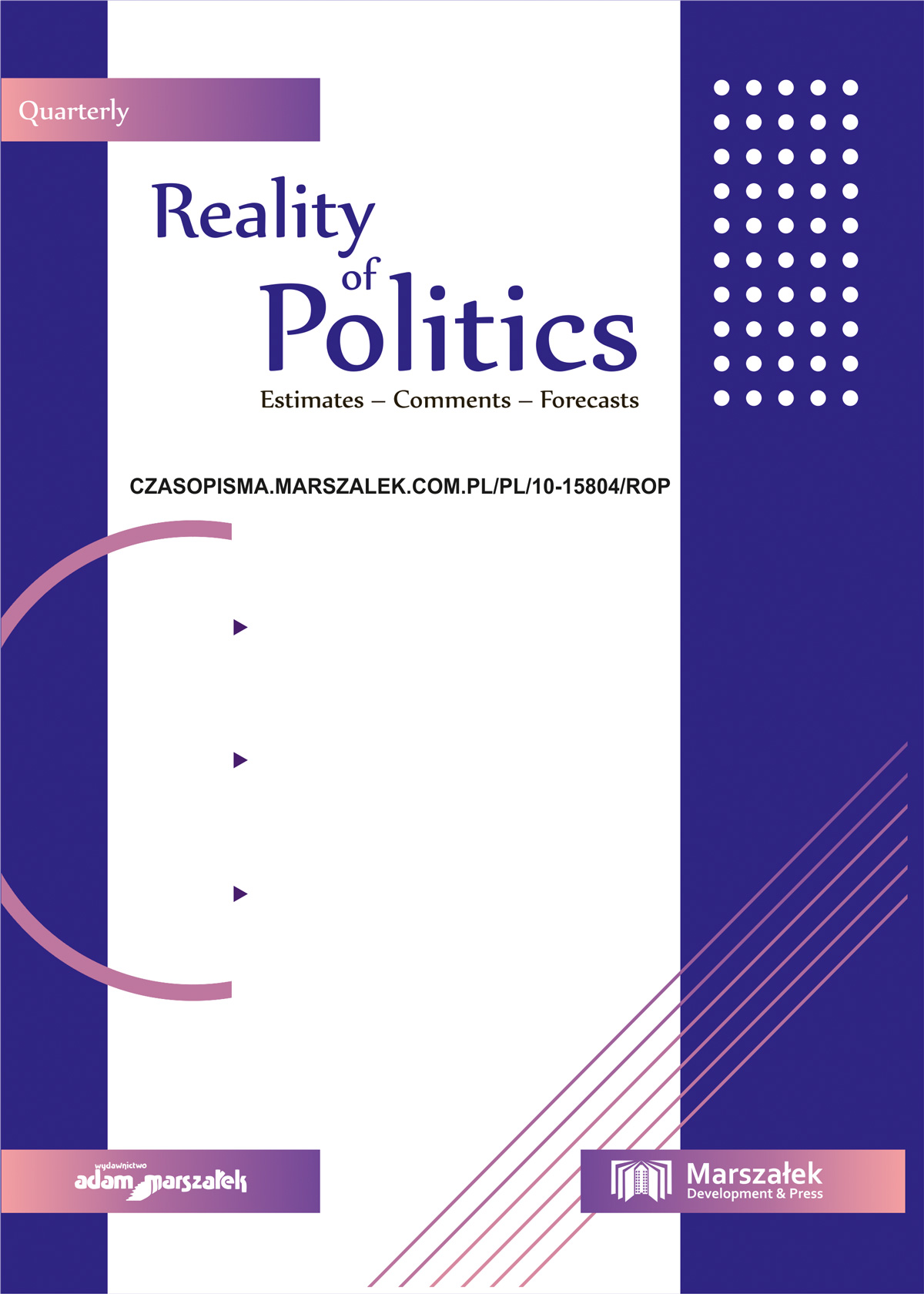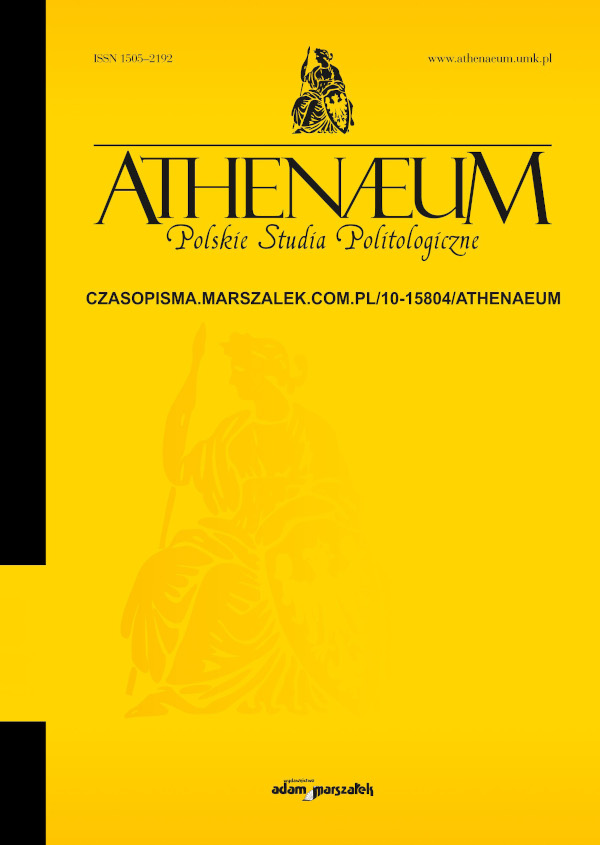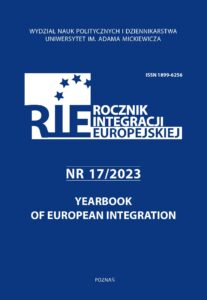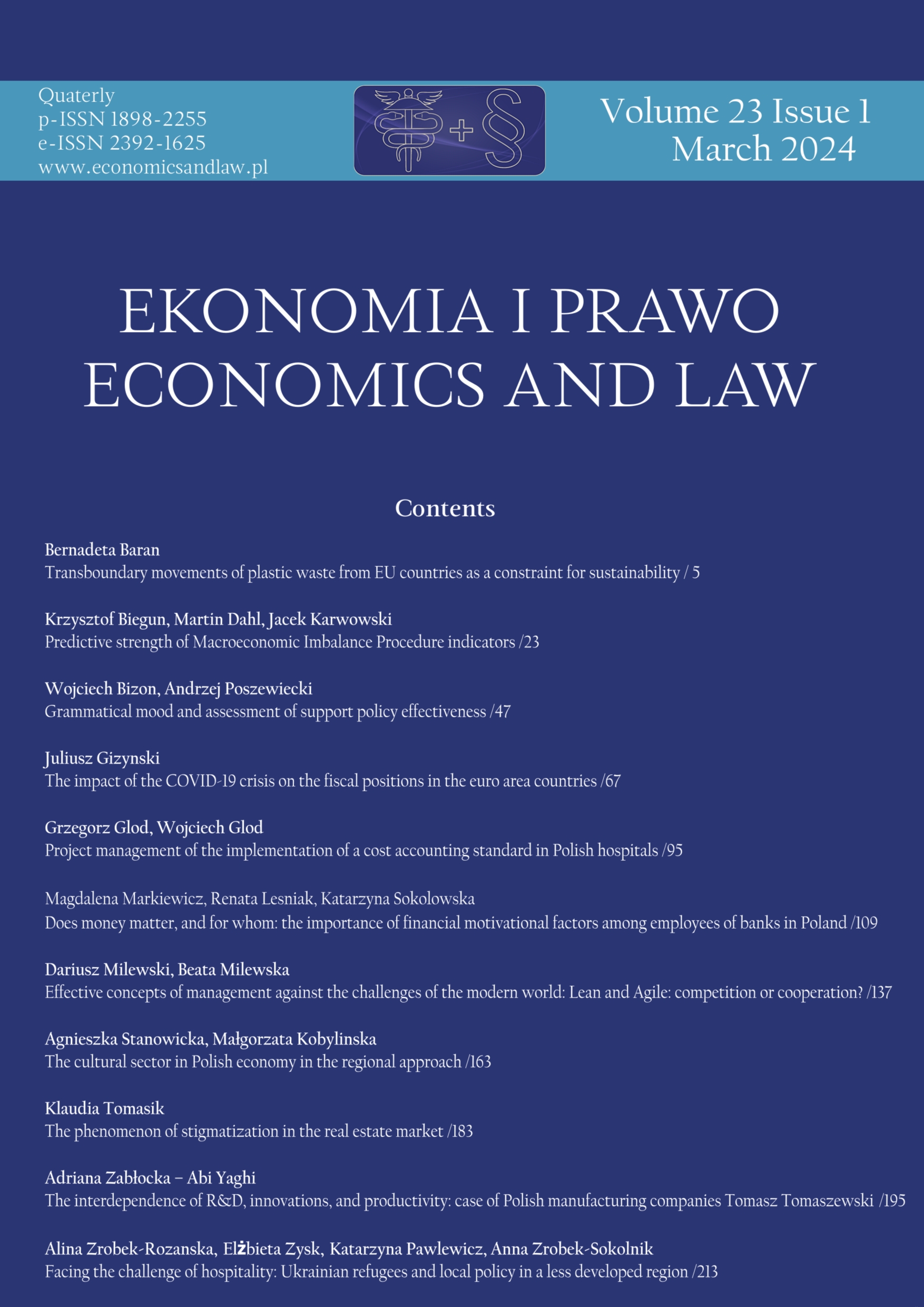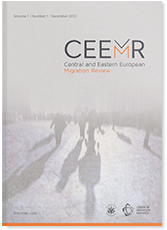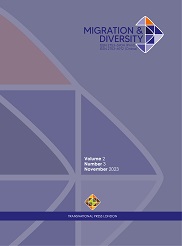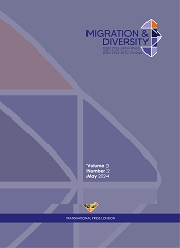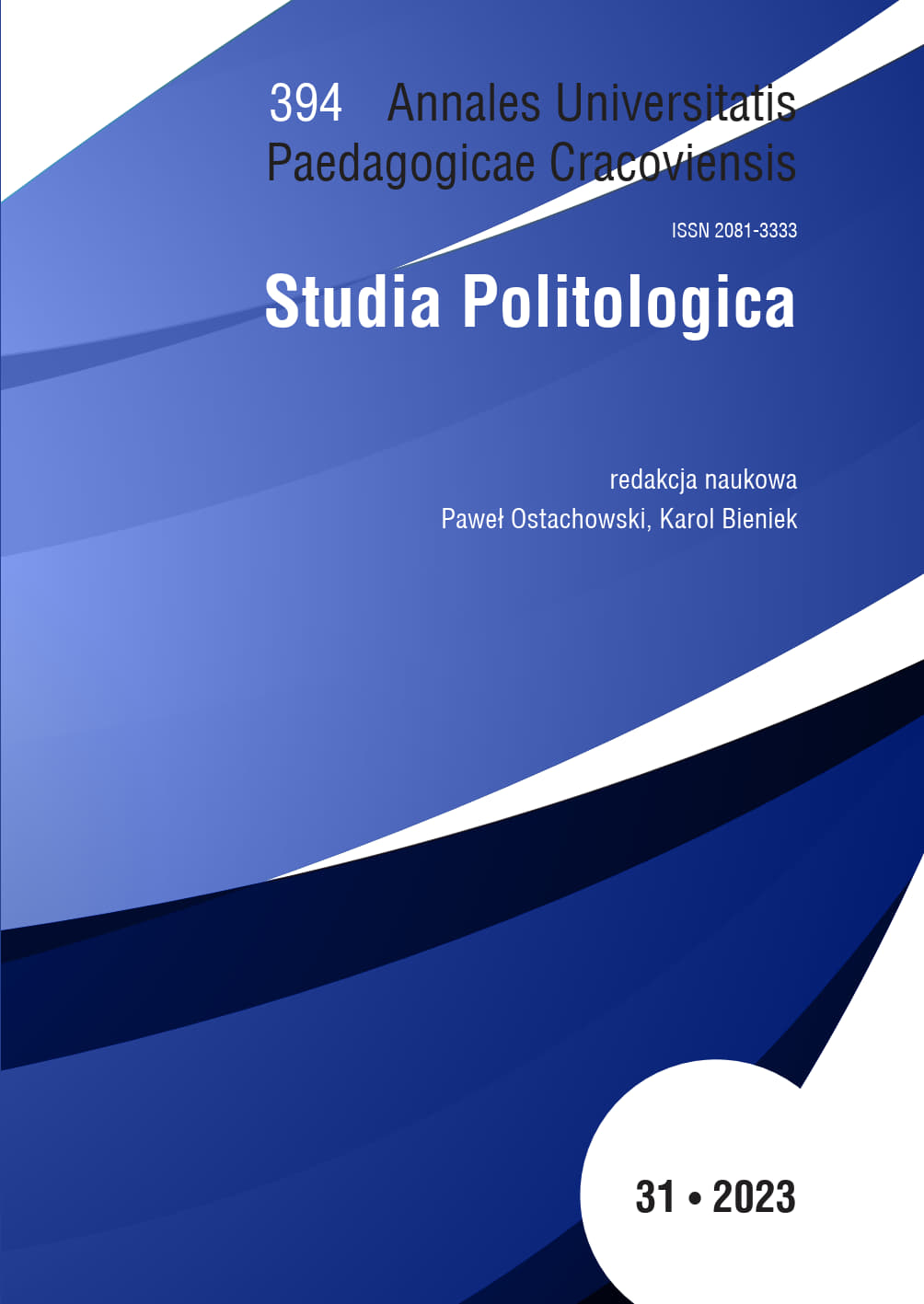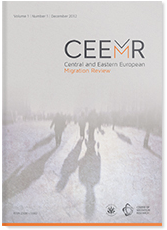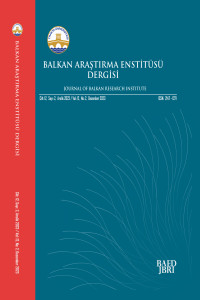
THE REFUGEE CRISIS IN THE AEGEAN SEA: AN ANALYSIS IN THE CONTEXT OF THE REGIONAL SECURITY COMPLEX
The phenomenon of migration varies according to factors in many different dimensions, this study deals with irregular migration and the events that occur in this context. Turkey, due to its geopolitical position, is a transit country in the irregular migration issue, in comparison with neighboring countries, Turkey has become a transit country for migrants due to its relatively higher level of development compared to Middle Eastern countries located to its south and east, and its lower level of development compared to European countries. In this study, the results and reasons for Syrian refugee’s attempts to use Turkey as a transit country and cross to Greece over the Aegean Sea will be analyzed from the perspective of Barry Buzan’s ‘Regional Security Complex Theory. This study focuses on the problem of whether a regional security complex has emerged in the Balkans due to the migration movement resulting from the Syrian Civil War, using Buzan’s theory as a framework, between Turkey and Greece.
More...
